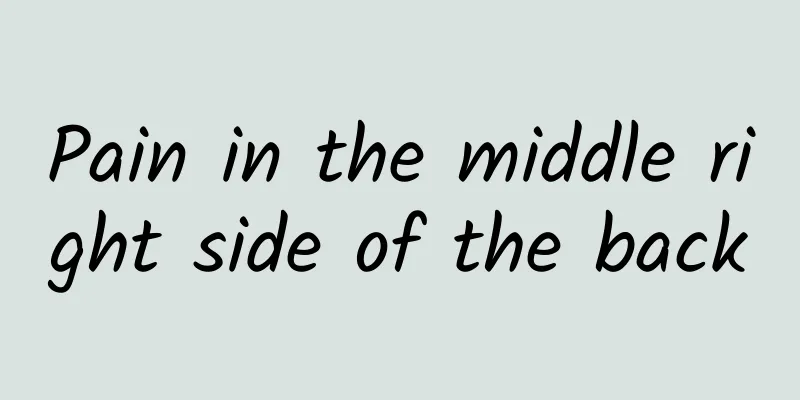Five common clinical manifestations of brain herniation

|
The most common symptoms of brain hernia patients are increased intracranial pressure and pupil changes. Some patients will also experience impaired consciousness and movement disorders. In severe cases, even vital signs may change. ① Increased intracranial pressure: manifested as worsening headache, frequent vomiting, and restlessness, indicating that the condition is getting worse; ② Impairment of consciousness: The patient gradually develops impaired consciousness, from drowsiness and confusion to light coma and coma, and is slow to respond to external stimuli or disappears, which is the result of involvement of the ascending activation system of the brainstem reticular formation; ③Pupil changes: Initially, the pupil of the affected side may shrink for a short period of time, but it is often difficult to detect. Later, the pupil on that side gradually dilates, and its response to light becomes slow and disappears, indicating that the parasympathetic nerve fibers in the dorsal part of the oculomotor nerve have been damaged. In the late stage, the pupils are dilated, the light reflex disappears, and the eyeballs are fixed; ④ Pyramidal tract signs: Due to compression of the cerebral peduncle on the affected side, weakness or paralysis of the contralateral limbs, increased muscle tone, hyperreflexia of the tendons, and positive pathological reflexes occur. Sometimes, the brain stem is pushed to the opposite side, causing the opposite cerebral peduncle to squeeze the free edge of the tentorium cerebelli, resulting in pyramidal tract signs on the same side of the brain herniation. Careful analysis is required to avoid errors in determining the side of the lesion. ⑤ Changes in vital signs: manifested as increased blood pressure, slow and slow pulse, deep and slow breathing, and increased body temperature. In the late stage, the vital centers gradually fail, and tidal or sighing breathing appears, the pulse is weak, and the blood pressure and body temperature drop; finally, breathing stops, and then the heart stops. |
<<: First aid measures for brain hernia, saving lives cannot wait
Recommend
Early symptoms of lymphoma
Although lymphoma is not common in our lives, we ...
How to correct your baby’s O-shaped legs and sleeping position?
Bow legs usually appear when the baby is about on...
Ringworm-like patches on face
Ringworm, as a common skin disease, troubles many...
What is the treatment for Behcet's disease?
Many of you may not have heard of this disease. B...
Cough and phlegm medicine that pregnant women can take
We all know that if a pregnant woman is sick duri...
A few small actions before going to bed are good for health, and it is difficult to get sick
"Do you want to escape from problems? Pigmen...
Causes of neuralgic headaches
Headache is a condition that many people have exp...
What is the difference between the Five Elements Cup and Fire Cupping?
Traditional Chinese medicine therapy has become m...
What causes excessive sweating after drinking?
Men like to drink, some because they can release ...
Is moxibustion good for weight loss?
Moxibustion is indeed a very good way to lose wei...
What are the effects and functions of hemp seeds
Hemp seeds are also called castor seeds and hemp ...
Is there any impact if the coccyx is crooked?
The human coccyx is a functionally degenerate str...
What causes back pain and general weakness?
If you have symptoms of lower back pain and gener...
Can I eat Gastrodia elata if I have high blood pressure?
Hypertension is a relatively common disease and a...
What are the common reasons for vomiting in children?
The baby's physical condition is a topic that...









